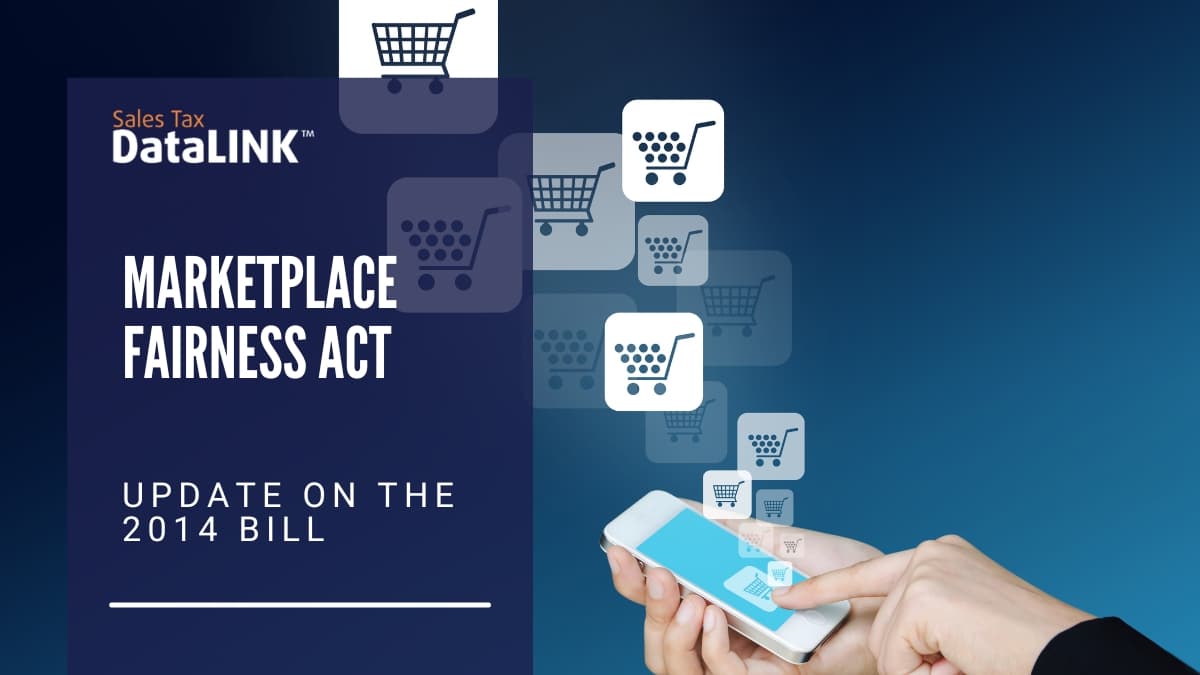Leveling the Playing Field: MFA Update on Sales Tax
Remember Dr. Doolittle’s PushMePullYou, the llama-like animal with two heads? Since each end had a different natural inclination, it was hard for it to decide which way to go. A recent sales tax bill is facing a similar problem. For decades, online businesses have held a strong competitive advantage over traditional stores. Remote sellers have had the ability to sell their merchandise without being required to collect sales taxes. Consumers still owe sales tax on their purchases, but many don’t pay them, so an online purchase ends up being cheaper than the same item bought locally in a brick-and-mortar store. On July 15 of 2014, the Marketplace and Internet Tax Fairness Act was reintroduced in the Senate.
The bill is intended to level the playing field between traditional and online businesses by allowing local and state governments to enforce existing sales tax on remote sellers. This means that online sales giants like eBay and Amazon will no longer receive the benefit of tax-free purchases. On the other hand, small e-commerce business owners may find relief in knowing that businesses with less than $1 million in revenue would be exempt. Bigger online businesses may yet have to plan ahead for these potential changes to the world of online sales. The bill also provides a 10-year extension on the Internet Tax Freedom Act. The act prohibits the collection of taxes on Internet access services by individual counties.
Currently, there are only 7 states (Hawaii, Ohio, Texas, Wisconsin, New Mexico, South Dakota, and North Dakota) that were “grandfathered in” and allowed to continue taxing internet access. The Marketplace Fairness Act passed the Senate with vast bipartisan support (69 Yeas – 27 Nays) in May of 2013 but ultimately expired in the House of Representatives. The Permanent Internet Tax Freedom Act, if passed, would eliminate the exempt status from the grandfathered states. Both the NACo and Congressional Budget Office are in opposition to the bill, because of claims that it will deprive the states and local governments of several hundred million dollars on an annual basis. Putting the two issues — internet access taxes and sales tax on e-commerce — into the same bill may cause problems for both.
While the MFA, if passed, would increase state revenues, the Internet Tax Freedom Act would reduce it. The ITFA is opposed by many on the grounds of fairness, while the MFA is generally supported on the grounds of fairness. A combined bill might end up being a political PushMePullYou.




